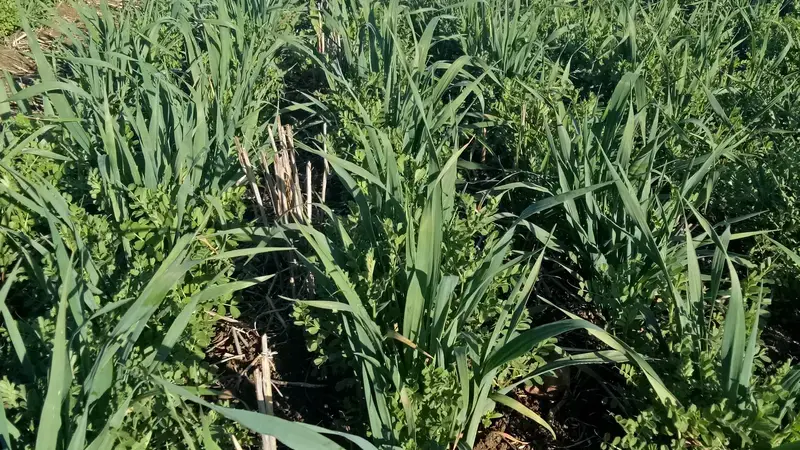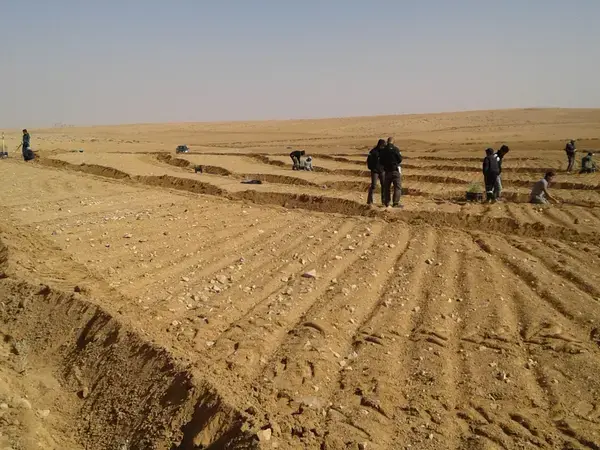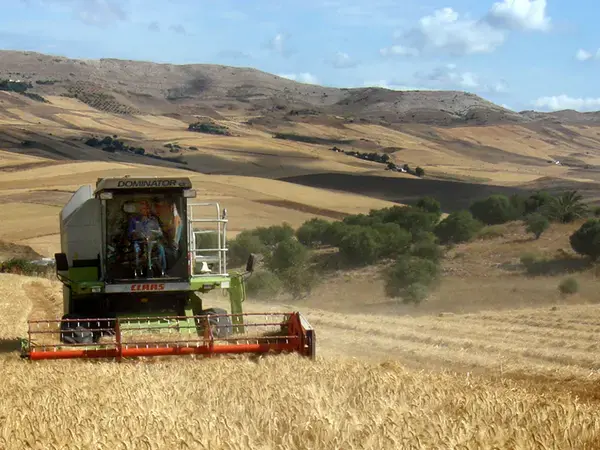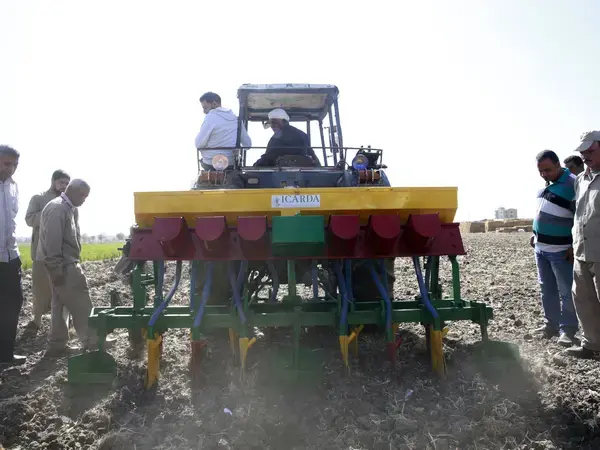Cross Cutting Themes
Our cross-cutting research supports our three research priorities to provide integrated packages that help farmers to implement our innovations and new approaches and allow them to flourish:


The future of family farming livelihoods in dry areas is in peril due to climate change, land and soil degradation, and diminishing resources - especially water. To help reduce the impact of these factors on crops and livestock production, ICARDA carries out sustainable land, soil, and water management research on three diversified, integrated, and resilient practices for family and large-scale farming:
ICARDA delivers its solutions as integrated packages that include our new innovative technology, capacity-building programs, instruments for better market access, and the current best agronomic approaches. These include sustainable, water-smart irrigation, cultivation of drought-tolerant crop varieties, water management approaches, mechanized raised bed technology, and crop rotation.
We also contribute to the protection and restoration of degraded arable land through long-term soil health management and pest control, in addition to social policies favorable to scaling up innovations and addressing improved opportunities for women and youth in major water management projects.
ICARDA innovations help countries and communities strengthen their adaptation to climate change and transition towards food and nutritional security.

Our cross-cutting research supports our three research priorities to provide integrated packages that help farmers to implement our innovations and new approaches and allow them to flourish:



© 2026 International Center for Agricultural Research in the Dry Areas (ICARDA)